Vegan Protein Sources: A Comprehensive Guide
Dec 31, 2024Discover the abundance of vegan protein sources and dispel myths about plant-based diets. Learn about soy, legumes, grains, nuts, and more to meet your protein needs.
The question of protein is a common one for anyone following a plant-based diet, but the truth is that vegan protein sources are abundant and varied, offering a wealth of options to meet nutritional needs. This article will explore the protein powerhouses available to vegans, dispelling myths and showcasing the diverse and delicious choices available.
Understanding Protein Needs on a Vegan Diet
It's crucial to understand that while the sources may differ, the body's need for protein remains the same whether you're vegan or not. Protein is essential for building and repairing tissues, making enzymes, and supporting immune function. The recommended daily intake for protein is around 0.8 grams per kilogram of body weight, though active individuals may require more. This need not be a cause for concern, as a well-planned vegan diet can easily provide the necessary amounts of protein.
Complete vs Incomplete Proteins
One common misconception is that plant-based proteins are "incomplete," meaning they lack some of the nine essential amino acids our bodies can't produce. While it's true that many plant proteins don't contain all nine in significant amounts, consuming a variety of vegan protein sources throughout the day ensures you get all the essential amino acids you need. The concept of complete and incomplete proteins, while relevant, shouldn't overshadow the importance of a balanced and diverse vegan diet.
Top Vegan Protein Sources
Here are some of the best vegan protein sources to include in your diet:
Soy-Based Proteins
Soy products are among the most versatile and complete vegan protein sources. They are an invaluable part of a healthy plant-based diet.
-
Tofu: Made from curdled soy milk, tofu is a blank canvas for flavor and boasts a good protein content. It can be used in stir-fries, scrambles, and even desserts.
-
Tempeh: This fermented soybean product is dense in protein and has a firm, nutty texture, making it great for marinades and hearty dishes.
 Credit: immediate.co.uk
Credit: immediate.co.uk -
Edamame: These young soybeans are a delicious snack or addition to meals, offering a good source of complete protein as well as fiber.
-
Soy Milk: This plant-based beverage is not only a good source of protein but also provides calcium, vitamin D, and other essential nutrients.
Legumes
Beans, lentils, and peas are a staple for vegans and vegetarians, offering a wealth of nutrients along with a good protein content.
-
Lentils: These are a nutritional powerhouse, packed with protein, fiber, and essential minerals. They’re incredibly versatile and can be used in soups, stews, and salads.
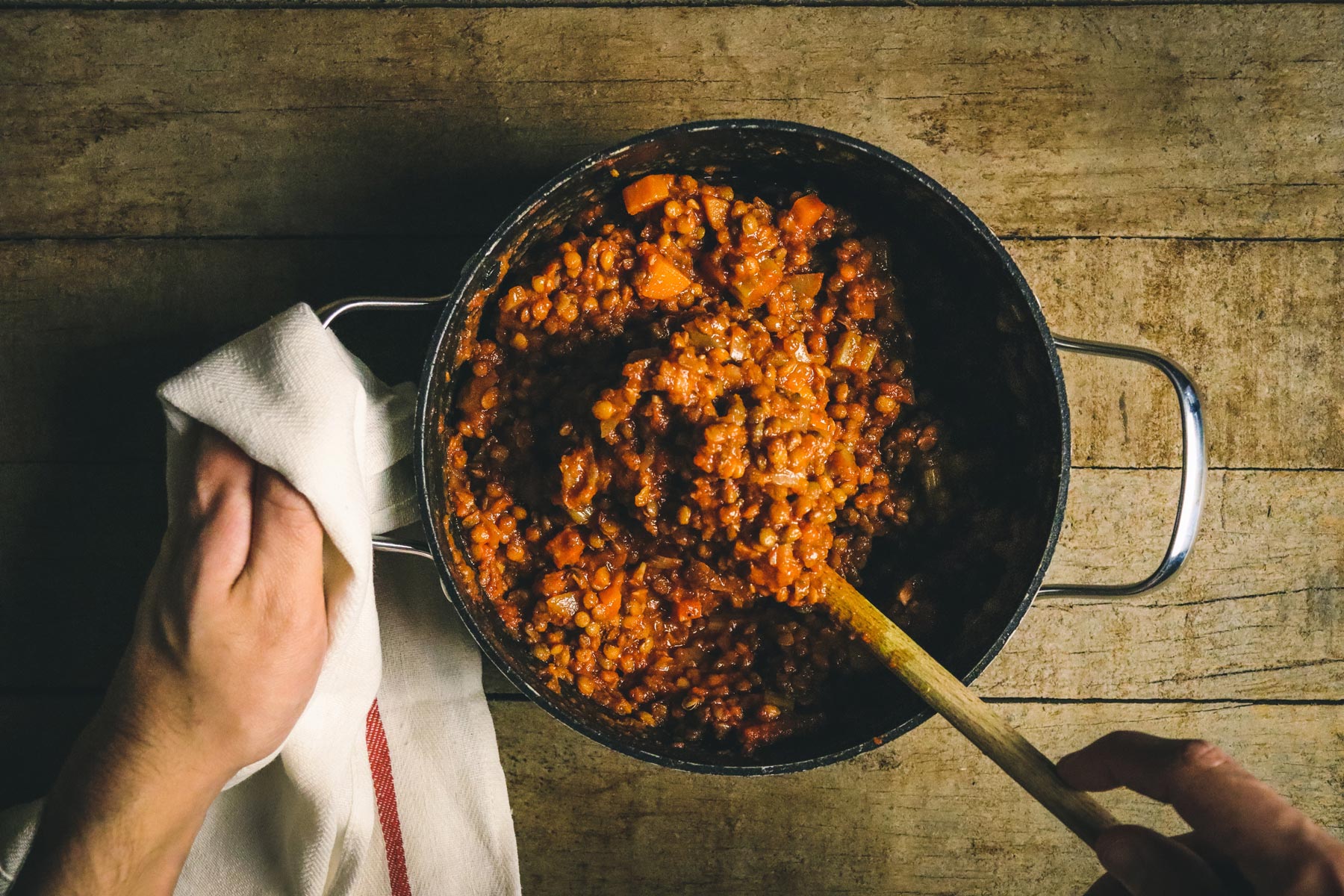 Credit: genv.org
Credit: genv.org -
Chickpeas: Also known as garbanzo beans, these are high in protein and fiber, making them filling and nutritious. They are perfect in curries, salads, or as hummus.
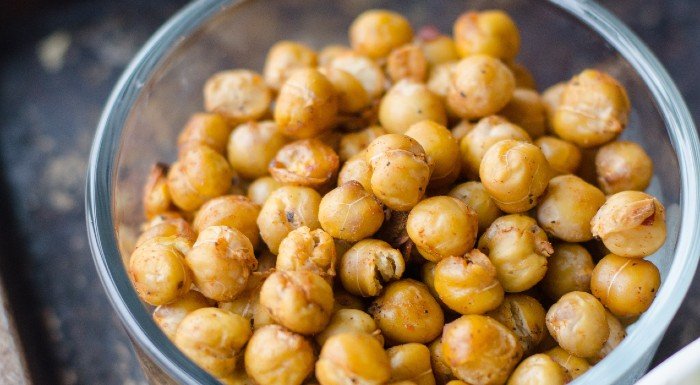 Credit: thehut.net
Credit: thehut.net -
Black Beans: These are another great source of protein, fiber, and heart-healthy nutrients. They are perfect for chili, tacos, and burritos.
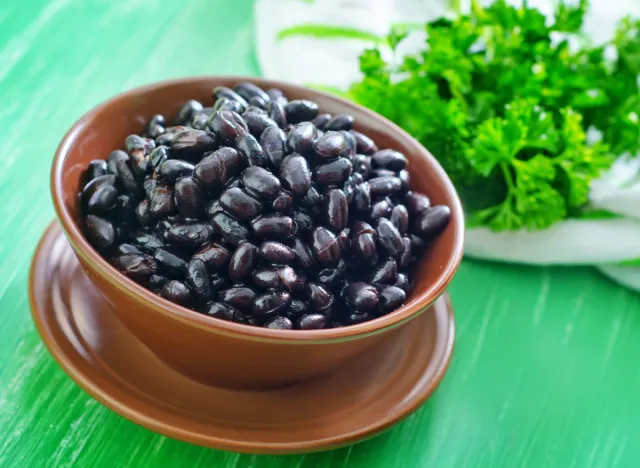 Credit: eatthis.com
Credit: eatthis.com -
Peas: These small but mighty legumes are a good source of protein and other essential nutrients. They can be enjoyed in soups, stir-fries, or as a side dish.
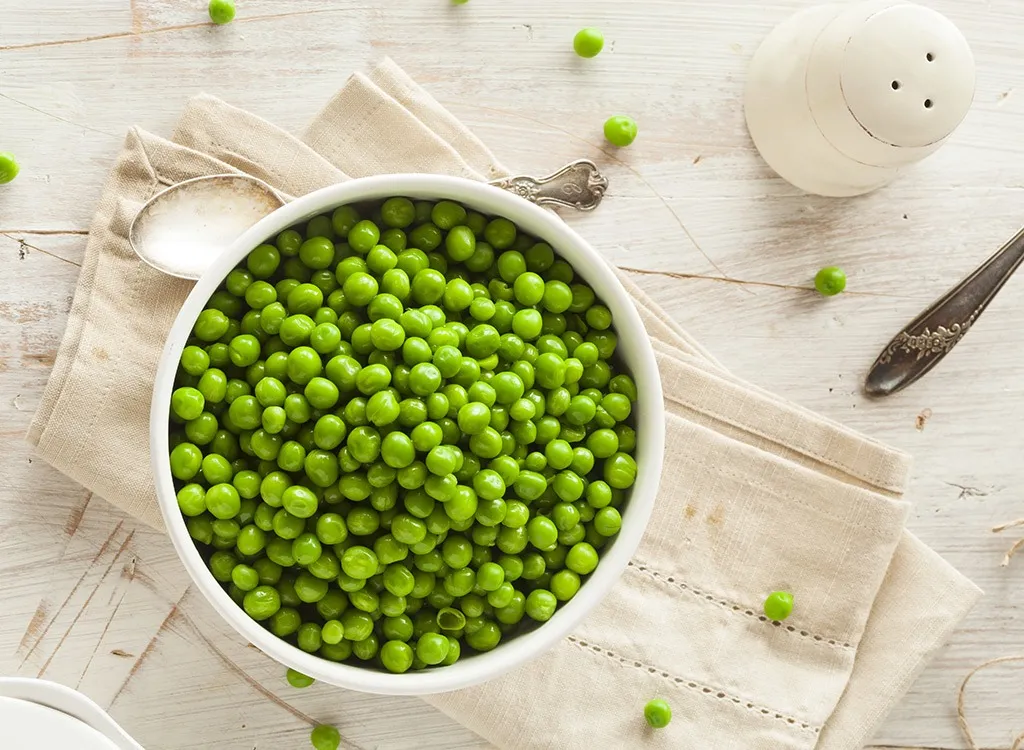 Credit: eatthis.com
Credit: eatthis.com
Grains and Pseudo-Grains
Grains aren't just carbs – they can also be significant sources of vegan protein sources.
-
Quinoa: This complete protein source is a versatile grain that can be used for breakfast, lunch, or dinner. It provides all nine essential amino acids, making it a great choice for vegans.
-
Wild Rice: With a nutty taste and chewy texture, wild rice provides more protein than brown or white rice, along with essential minerals and fiber.
-
Oats: A common breakfast staple, oats offer a good source of protein and fiber. They can be enjoyed as oatmeal, in baked goods, or as a base for granola.
-
Buckwheat: This gluten-free pseudo-cereal offers a good amount of protein, as well as important minerals and antioxidants. It can be used in pancakes, porridge, or as a side dish.
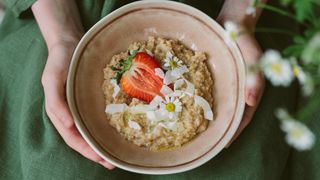 Credit: cdn.mos.cms.futurecdn.net
Credit: cdn.mos.cms.futurecdn.net
Nuts and Seeds
These are not only great sources of healthy fats but also contribute significantly to your daily protein intake.
-
Hemp Seeds: These seeds are a complete protein and rich in omega-3 and omega-6 fatty acids, making them a great addition to salads, smoothies, or yogurt.
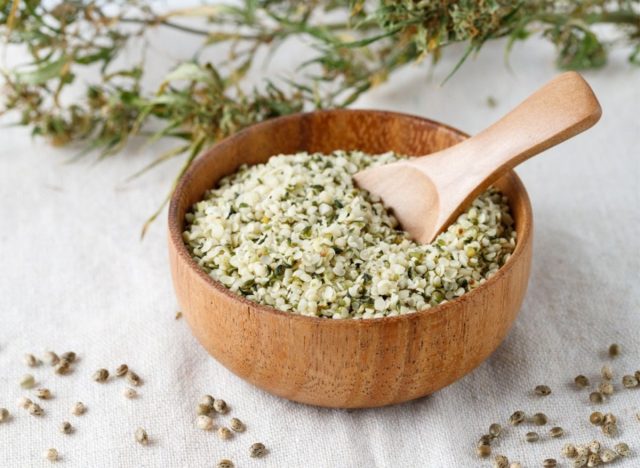 Credit: eatthis.com
Credit: eatthis.com -
Chia Seeds: These tiny seeds are packed with protein, fiber, and omega-3 fatty acids. They are a great addition to smoothies, puddings, or as an egg substitute in baking.
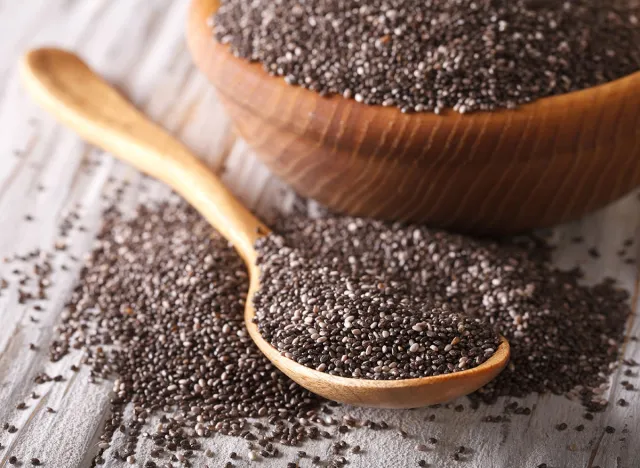 Credit: eatthis.com
Credit: eatthis.com -
Pumpkin Seeds: A handful of pumpkin seeds can provide a good amount of protein, zinc and iron, making them a great snack or addition to salads and other dishes.
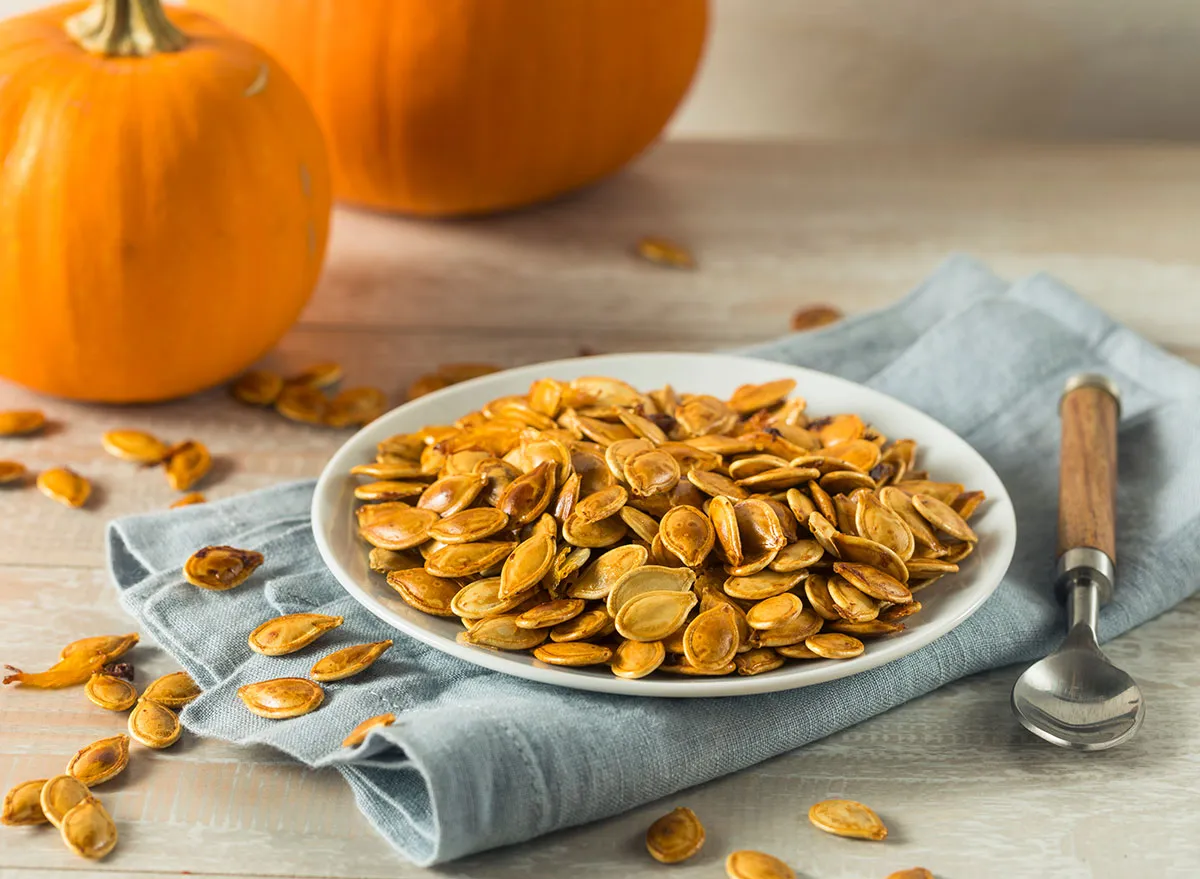 Credit: eatthis.com
Credit: eatthis.com -
Almonds: These nuts are a great source of protein, healthy fats, and bone-friendly minerals. They make a great snack or addition to meals.
-
Peanut Butter: This popular spread is not only delicious but also a source of protein and healthy fats. It can be used in sandwiches, smoothies, or as a dip.
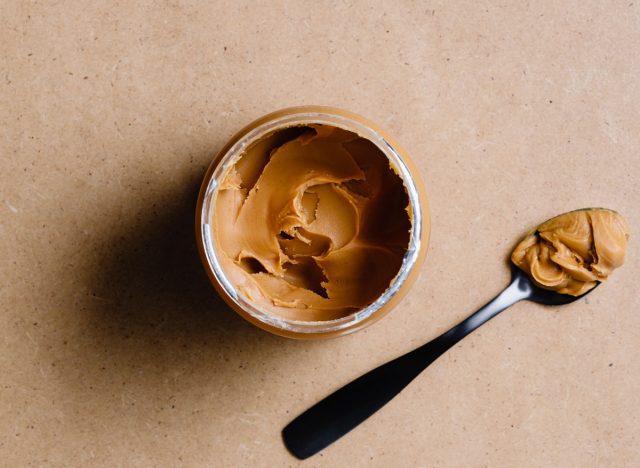 Credit: eatthis.com
Credit: eatthis.com
Other Notable Vegan Protein Sources
-
Seitan: This wheat gluten-based meat substitute is exceptionally high in protein and can be used in a variety of dishes, such as stir-fries and sandwiches.
-
Nutritional Yeast: A complete protein, this cheesy-tasting condiment is a great addition to pastas, stews, or soups, and is also a source of vitamin B12.
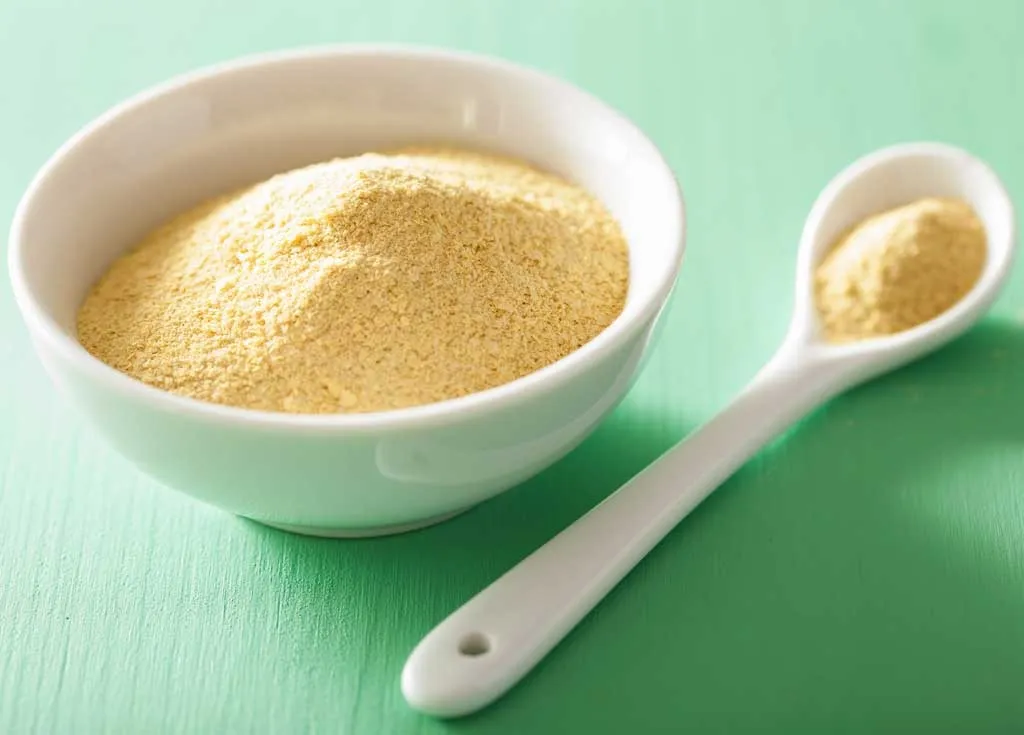 Credit: eatthis.com
Credit: eatthis.com -
Spirulina: This blue-green algae is a complete protein and a great source of many other nutrients. It's often added to smoothies and juices.
 Credit: eatthis.com
Credit: eatthis.com -
Mycoprotein: Often sold under the brand name Quorn, this fungus-based protein is high in protein and resembles meat products in texture.
Vegetables with a Protein Boost
While they may not be the primary source of protein, many vegetables do contribute to your daily intake.
-
Spinach: This leafy green is not only rich in iron but also provides a good amount of protein. It can be added to salads, smoothies, or cooked as a side dish.
-
Broccoli: This cruciferous vegetable contains a good amount of protein, as well as fiber and other essential nutrients. It can be enjoyed steamed, roasted, or in stir-fries.
-
Potatoes: These versatile vegetables offer a decent amount of protein, along with carbohydrates and other nutrients. They can be baked, roasted, or mashed.
-
Sweet Potatoes: A good source of protein, fiber and vitamins, sweet potatoes can be baked, roasted or added to curries.
 Credit: eatthis.com
Credit: eatthis.com
Incorporating Vegan Protein Sources
Getting enough protein on a vegan diet is not difficult, but it requires some planning and awareness of the various vegan protein sources available. Including a variety of these foods in your daily meals will ensure you get all the essential amino acids and stay healthy and satisfied.
Meal Ideas for High Protein Intake
- Breakfast: Oatmeal with soy milk, chia seeds, and nuts, or tofu scramble with vegetables.
- Lunch: Quinoa salad with chickpeas, black beans, and a variety of vegetables, or a tempeh sandwich on sprouted-grain bread.
- Dinner: Lentil soup with whole-wheat bread, or a stir-fry with tofu, seitan, and plenty of vegetables served with brown rice.
- Snacks: A handful of almonds, a smoothie with spirulina and hemp seeds, or a cup of soy yogurt.
Conclusion
The myth that vegans struggle to get enough protein is simply untrue. A wide variety of delicious and nutritious vegan protein sources are readily available, making it easy to meet your protein needs while following a plant-based lifestyle. By incorporating a diverse range of these foods into your diet, you can enjoy the many health benefits of veganism without compromising on protein intake.
Jan 21, 2025
Explore the pros and cons of a plant-based diet, including health benefits, potential challenges, and tips for successful implementation. Learn about vegetarian, vegan, and flexitarian approaches.
Jan 20, 2025
Explore the latest research on plant-based diets and their powerful health benefits, including disease prevention, heart health, diabetes management, and cancer risk reduction.
Jan 16, 2025
Explore the nutritional landscape of processed fake meat, comparing them to traditional meat and whole plant foods. Learn about ingredients, health impacts, and making informed choices.